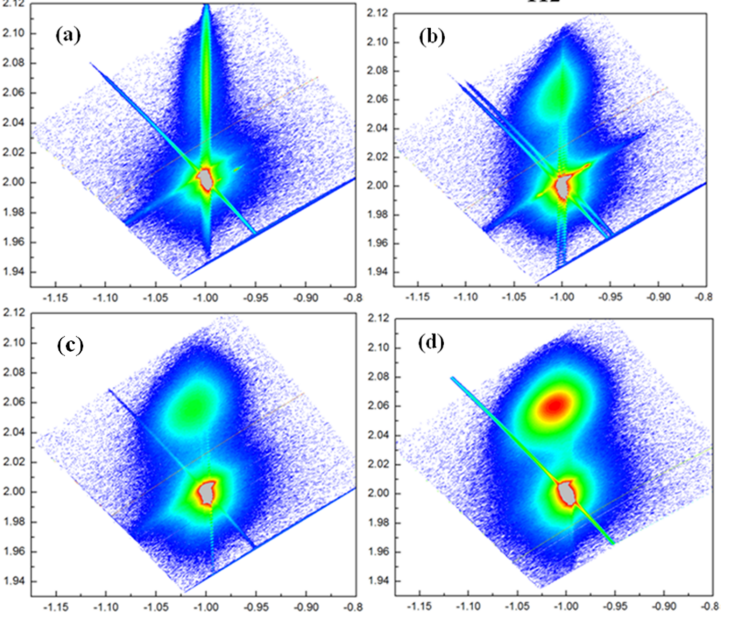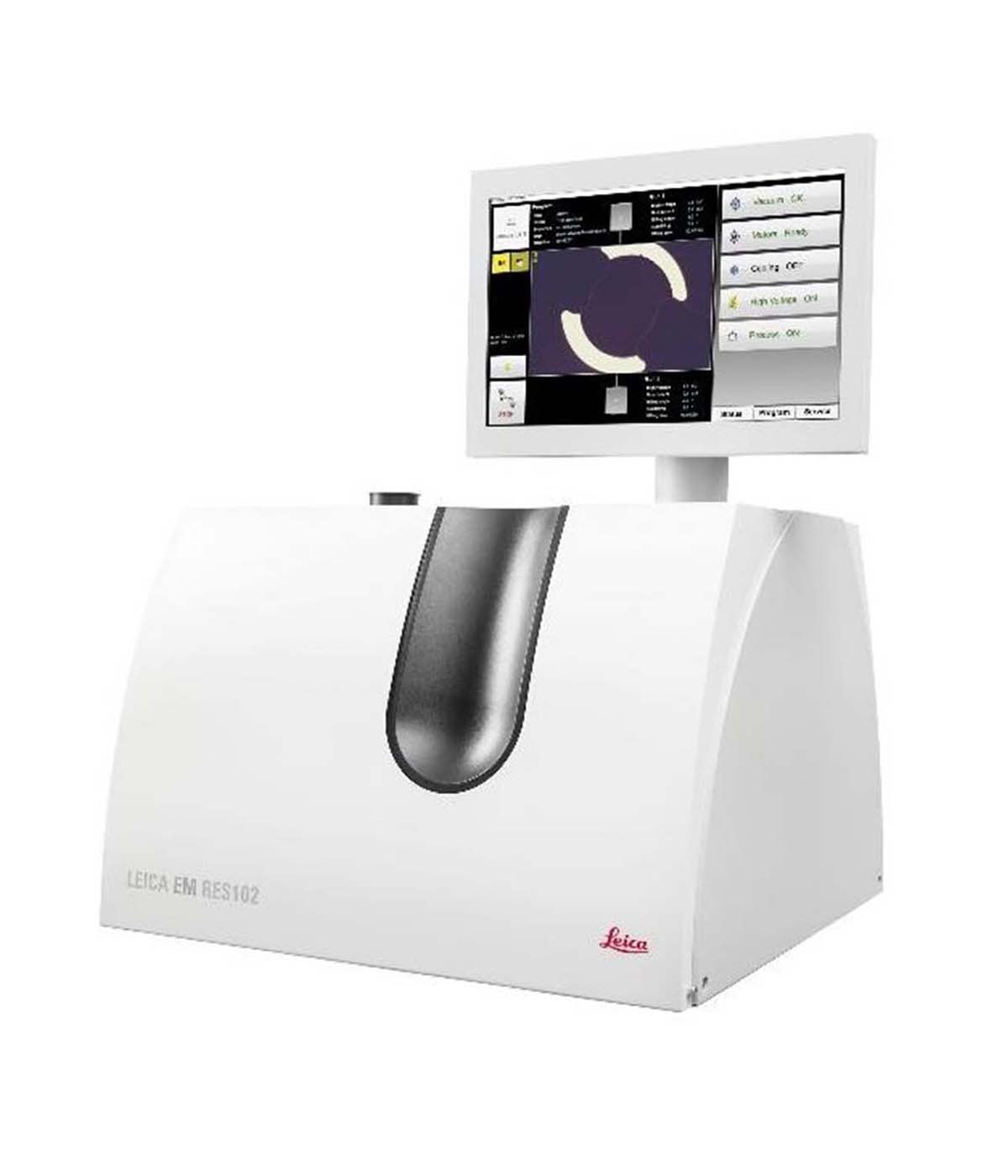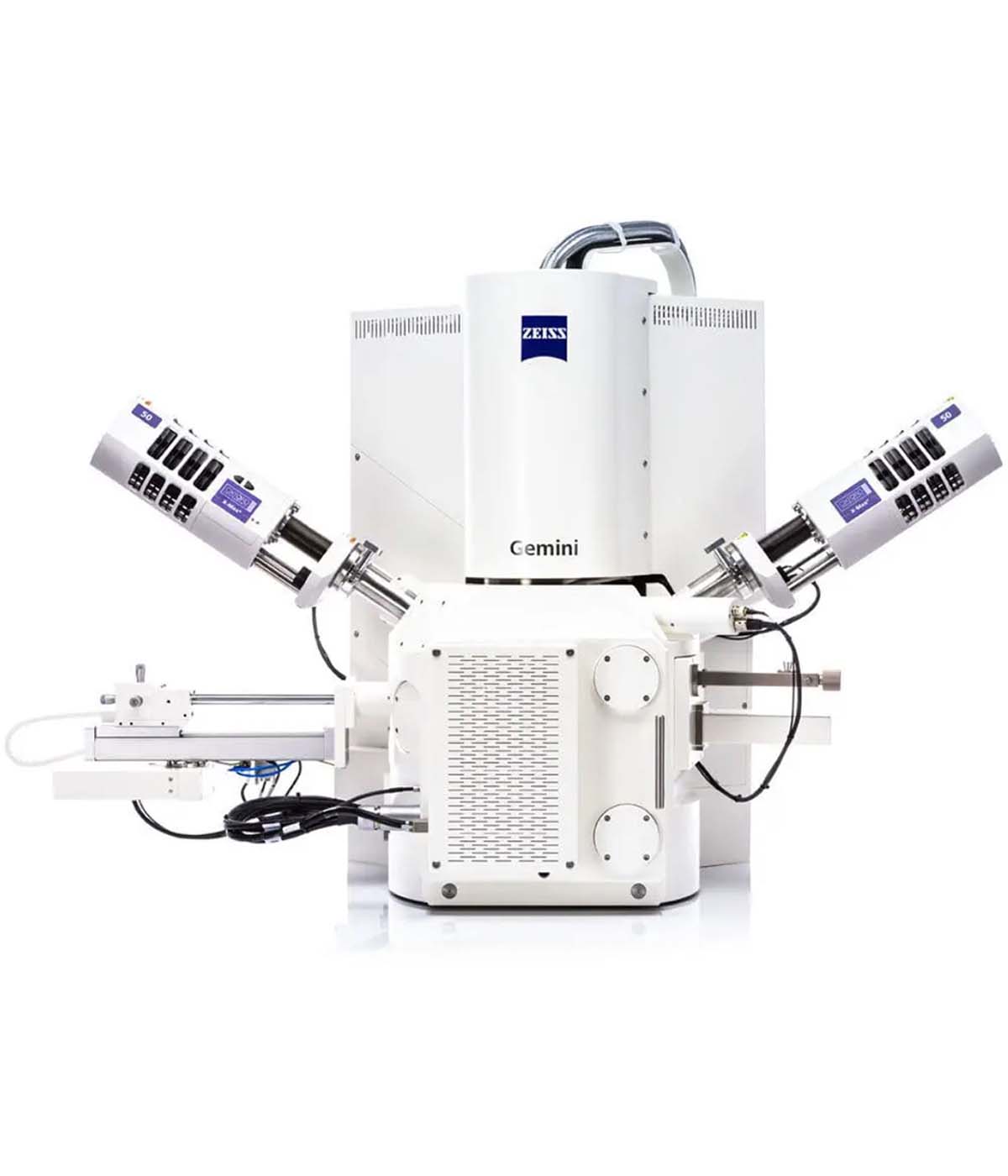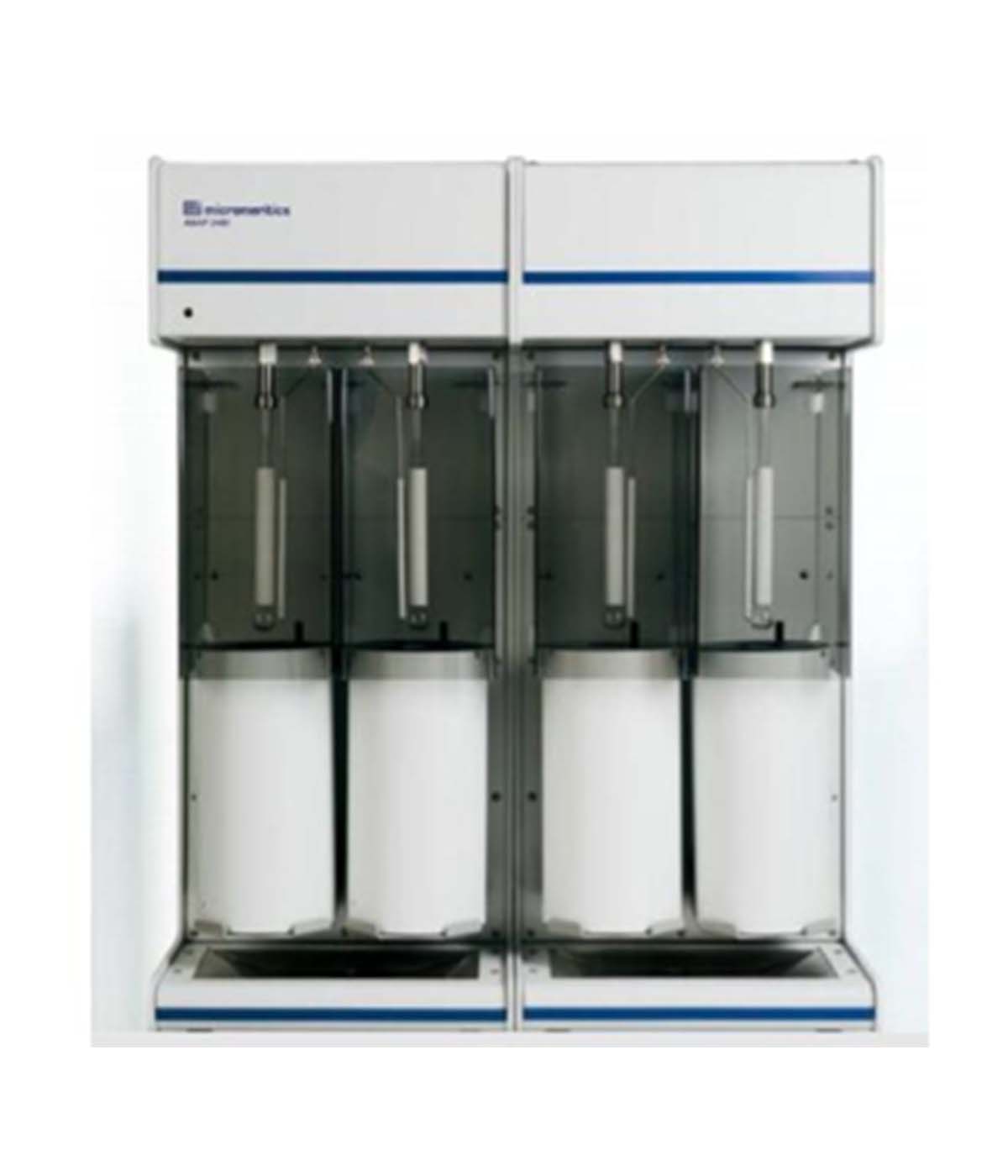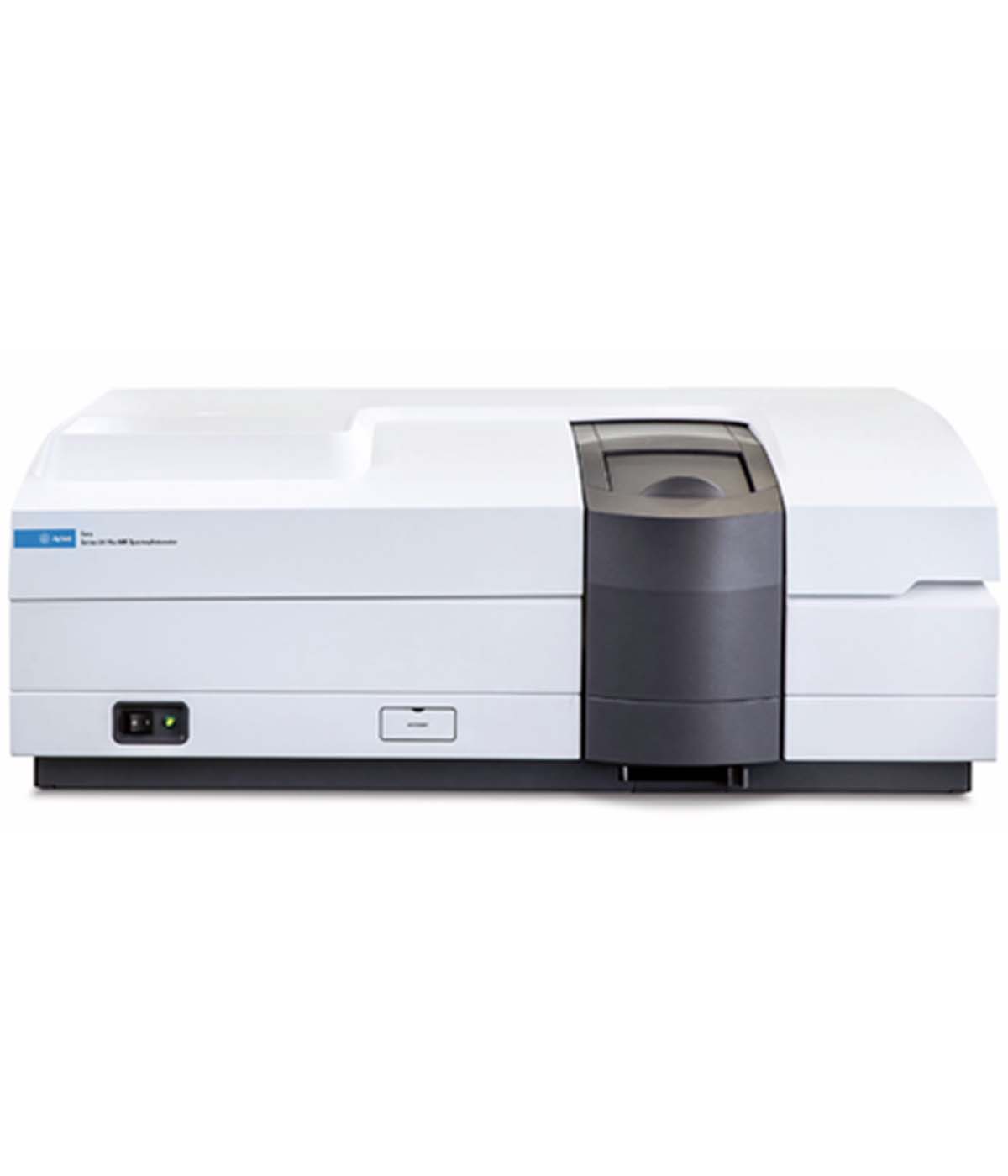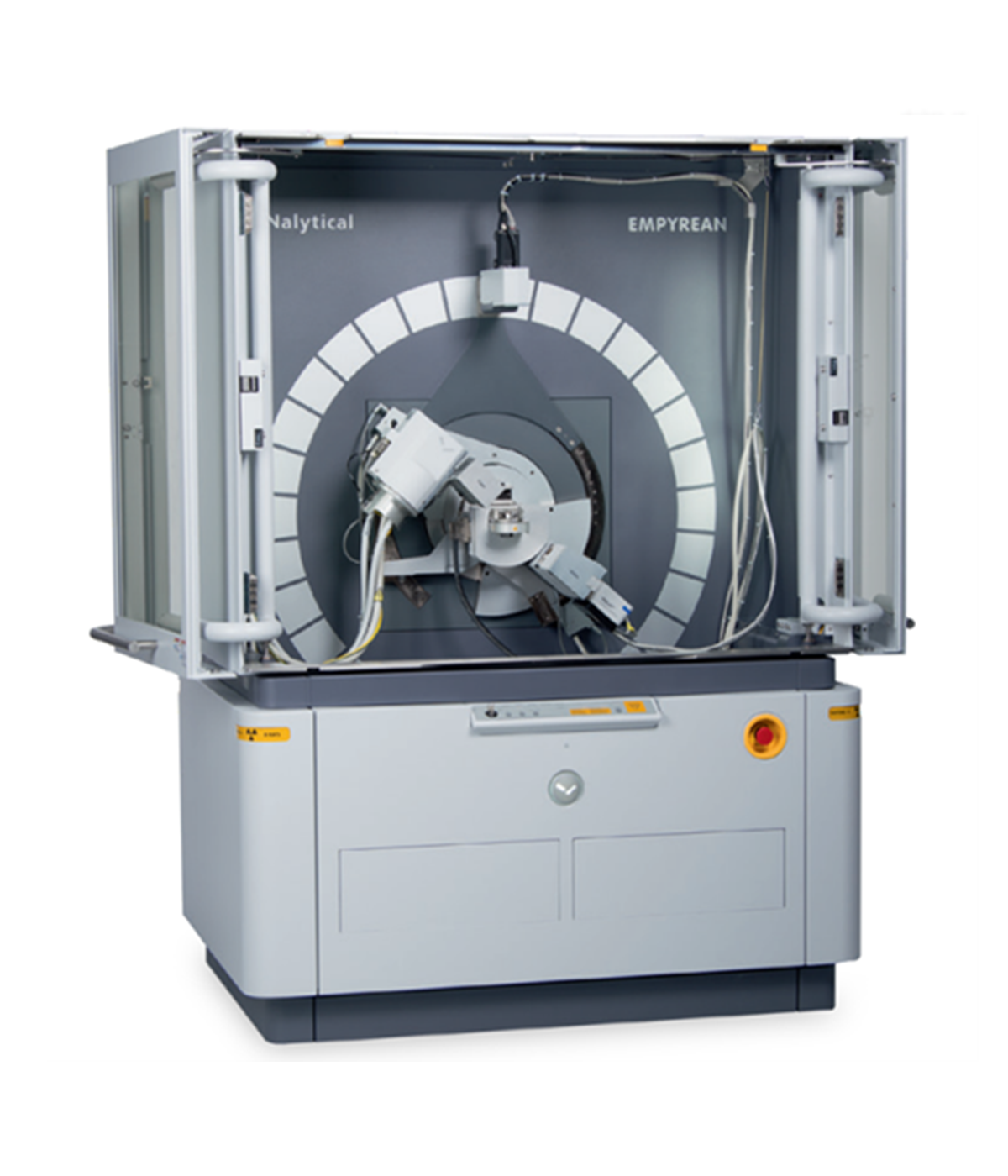
Reciprocal Space Mapping (RSM)
Instrument Type:
Intelligent X-ray diffractometer
Analytical Program:
RSM measurement -- Customerized quotation

Instrument Type:
Intelligent X-ray diffractometer
Analytical Program:
RSM measurement -- Customerized quotation
RSM in XRD stands for Reciprocal Space Mapping. It is a technique used to map the reciprocal space of crystals by varying the incident angle and azimuthal angle of the X-ray beam. By analyzing the intensity and position of the diffracted X-rays, RSM can provide information about the crystal's orientation, strain, lattice parameters, and defects. RSM is widely used in materials science, condensed matter physics, and semiconductor industry to study the properties and behavior of crystalline materials.
